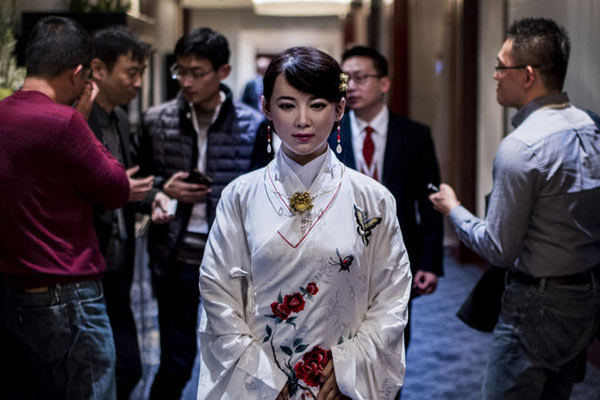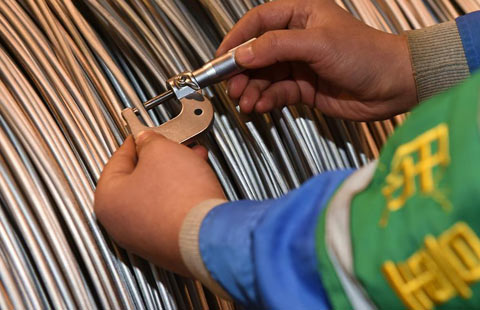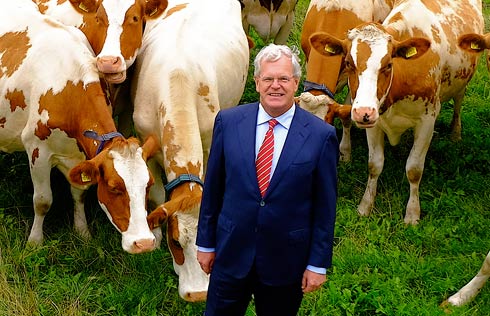Focus on China's role in global economy
Song Won Sohn, a professor of economics at California State University Channel Islands in Camarillo, California
A1 China has been making progress in structural reforms, but more needs to be done. First, the transition from investment and exports to domestic consumption must proceed at a faster pace. Second, China's corporate sector is too leveraged, presenting danger to the entire financial system. Third, the private sector should grow faster at the expense of State-owned enterprises. Last, the financial market reform, which has gone well so far, must continue.
A2 As China contributes so much to global economic growth, how the Chinese economy performs in 2017 is of crucial importance to almost every country around the world. Most likely, China's economic growth in 2017 will slow to around 6 to 6.5 percent.
While economic growth is important, structural reforms are equally important. The government must balance the two objectives carefully.
A3 Clearly, the risk is on the downside for China's economic growth in 2017. Both monetary and fiscal policies have been fairly stimulative, and further stimulus could lead to problems in the financial markets.
Many of China's SOEs have borrowed too much from State-owned banks. Higher debt means SOEs will have to spend more to pay the debt instead of investing in productive areas. The sources of economic growth are very important. The private sector should grow faster than SOEs.
- China's contribution to the global economy
- China emerges as the leader of an open global economy
- Xi's Switzerland trip to have important impact on global economy, governance - senior diplomat
- Xi expected to unveil new plan to boost global economy
- World Bank expects global economy to pick up growth in 2017


















